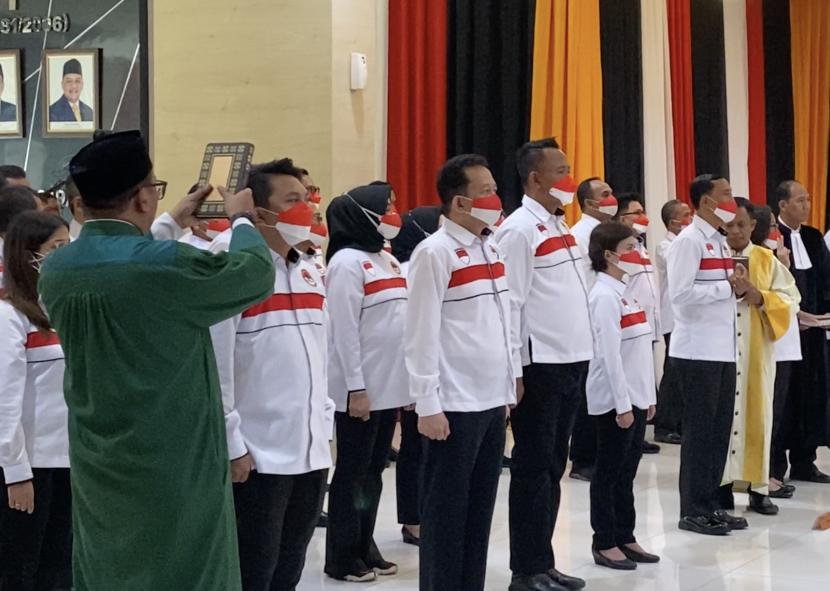REPUBLIKA.CO.ID, SINGAPORE -- International Police (Interpol) Secretary-General Jurgen Stock says organized crime fueling an “explosion” of human smuggling and online fraud during the pandemic has grown in Southeast Asia to an international network generating $3 trillion a year.
“Driven by online anonymity, inspired by new business models and accelerated Covid-19, these organized crime groups are now working on a scale unimaginable a decade ago,” Stock told a news conference at Interpol's Singapore office on Wednesday (3/27/2024).
“What started as a regional crime threat in Southeast Asia has now become a global human smuggling crisis, with millions of victims, both in cyber fraud centres and those already targeted,” he said.
Stock said that new cyber fraud centers are often staffed by smuggled forced laborers. They were initially promised legitimate employment. These forced laborers helped organized crime groups to diversify their income from drug trafficking.
He added that drug trafficking businesses still contribute between 40 to 70 per cent of organised crime groups' revenues. “Yet we are seeing these groups clearly diversifying their crime business using drug smuggling routes also into human smuggling routes, weapons, intellectual property, stolen products, stolen cars,” Stock said.
He said that every year about two to three trillion U.S. dollars in illicit funds are funneled through the global financial system. Stock added organized crime groups can rake in 50 billion U.S. dollars a year.
Last year the UN said more than 100,000 people had been trafficked into online fraud centres in Cambodia. In November, Myanmar handed over thousands of fugitive Chinese telecoms fraud suspects to China.
A Reuters investigation last year detailed the emergence and funding of one alleged cyber crime branch in Thailand. Stock praised Singapore for its success in uncovering a money-laundering case last year involving seized assets worth more than $2.23 billion.


